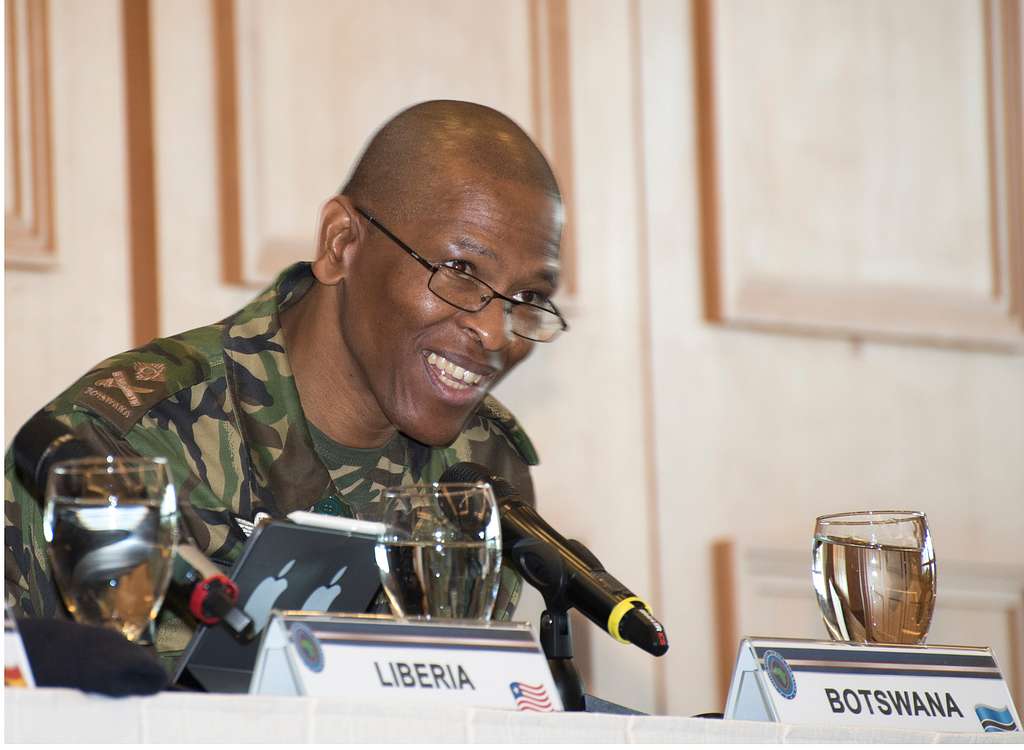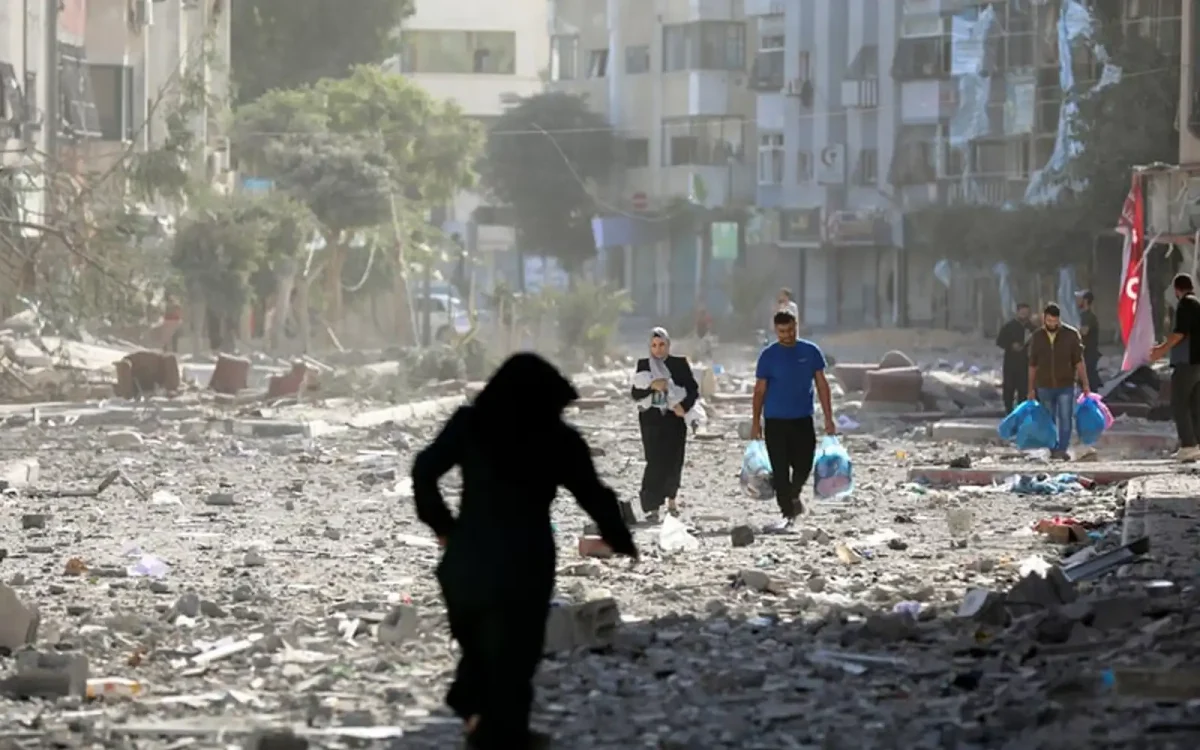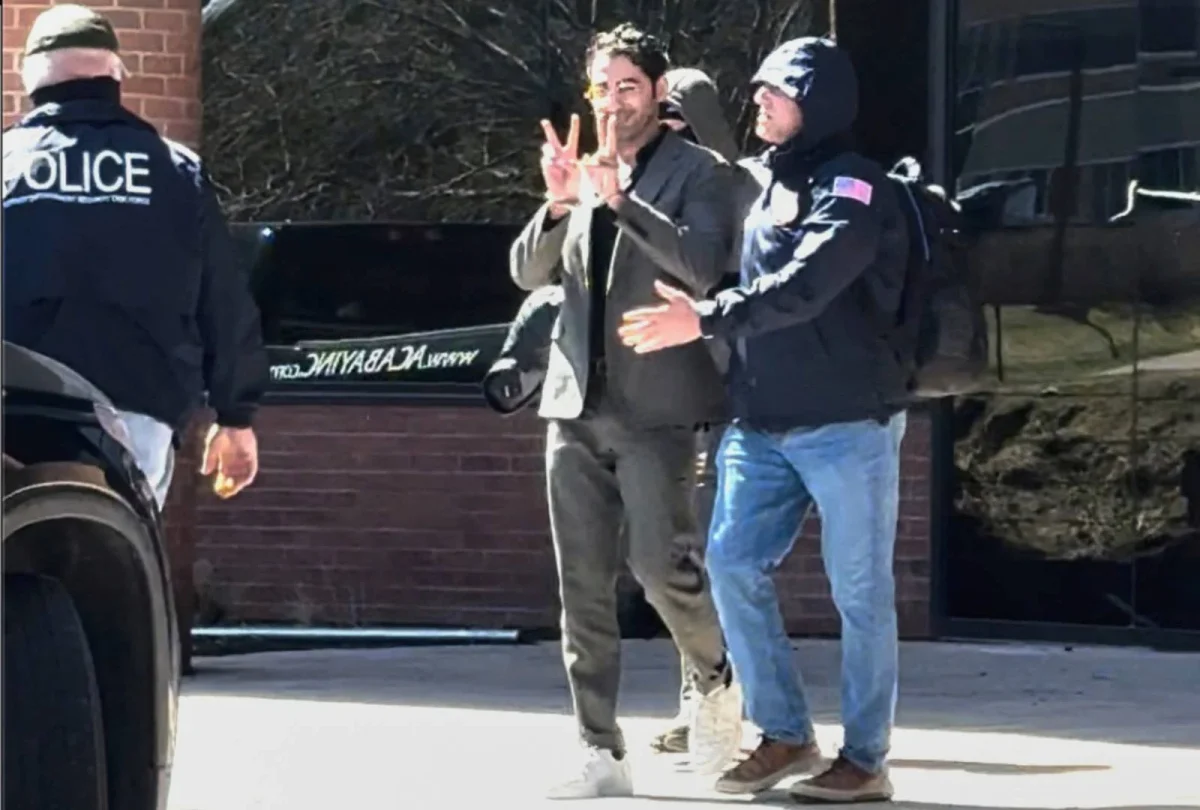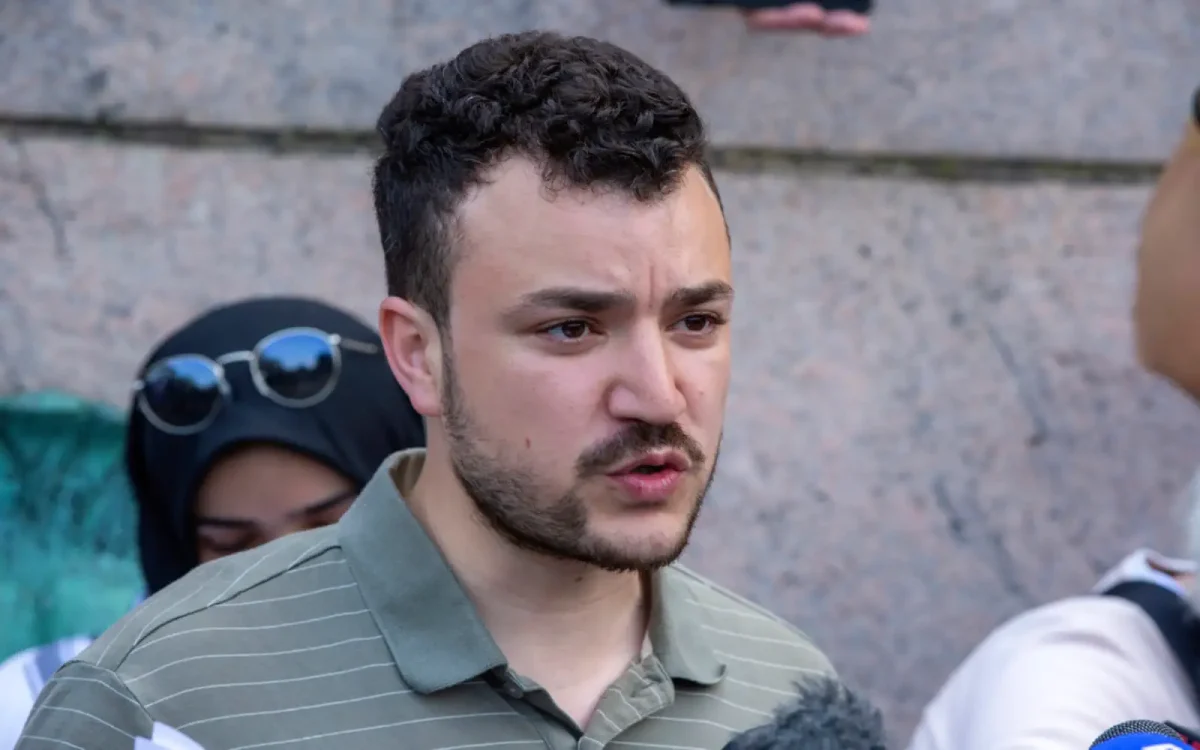The Minority Association of Premedical Students (MAPS), Mi Familia, and Lambda Pi Chi Sorority Inc. provided an opportunity for students to learn about ways to prevent HIV for National Latino AIDS Awareness Day (NLAAD) last Wednesday in Witherspoon Student Center. The event offered on-site HIV testing as well as a wealth of educational information about HIV transmission, prevention and testing.
With the continued spread of HIV, minorities are most affected. According to the Centers for Disease Control and Prevention (CDC), Hispanic/Latinos account for 15 percent of all new HIV infections in the United States in 2006. In 2005 African Americans account for 49 percent of HIV infections. Those numbers are growing. Even so, it’s important to remember that the virus affects all races, ethnicities, ages and sexual orientations.
“You can’t really say that one race or ethnicity only gets involved with that [same] race or ethnicity” said Jason Mcleod, a sophomore in accounting.
Students could come into the event and visit various booths to learn about HIV as well as other sexually transmitted diseases (STDs) and safe sex practices as well as pick up packages of condoms and informational pamphlets to take with them. The testing center at the program drew blood samples to be examined for the virus. Participants were would be contacted by phone in two weeks with results. For many people, two weeks is a long time to wait for news that could potentially change their lives.
“It’s good [for students] to get tested so that they’ll know their status. They can go ahead and start taking precautions to protect themselves” said Mcleod.
The speaker for the event, Rosa Munoz, 54, from Puerto Rico has been infected with HIV for 16 years. Her testimony served as a warning to students about the consequences of irresponsible sexual behavior. A survivor of physical abuse by her mother and sexual abuse by her brother, Munoz told a painful story of her experiences with drugs and prostitution. Towards the end of her speech, Munoz told of how she exchanged sex for drugs with a man because she needed a “fix.” She said neither of them had a condom, and because she was so affected by the addiction, she didn’t care; she had sex with him anyway.
“It’s a burden and a heaviness” she said describing the guilt she felt from knowing she had infected the man, and had no way of telling him. She told students to ask themselves “Is it worth it? [to risk your life and the lives of others] Be smart, use a condom.” Munoz concluded by revealing a picture of her daughter Raquel, whom she lost to AIDS. Raquel was only 24 when she died. “If you’re smart in class, be smart in your life” Munoz said.
Maritza Adonis a junior in political science and president of MAPS expressed the importance of prevention and letting students know about the effects of HIV. She highlighted how MAPS seeks to acknowledge and inform about health issues affecting minorities. “We’re a multicultural health organization and we wanted to represent one minority each month.” Adonis said, “It [the event] will be bigger next year.” In all, 23 students were tested for HIV at the event.




